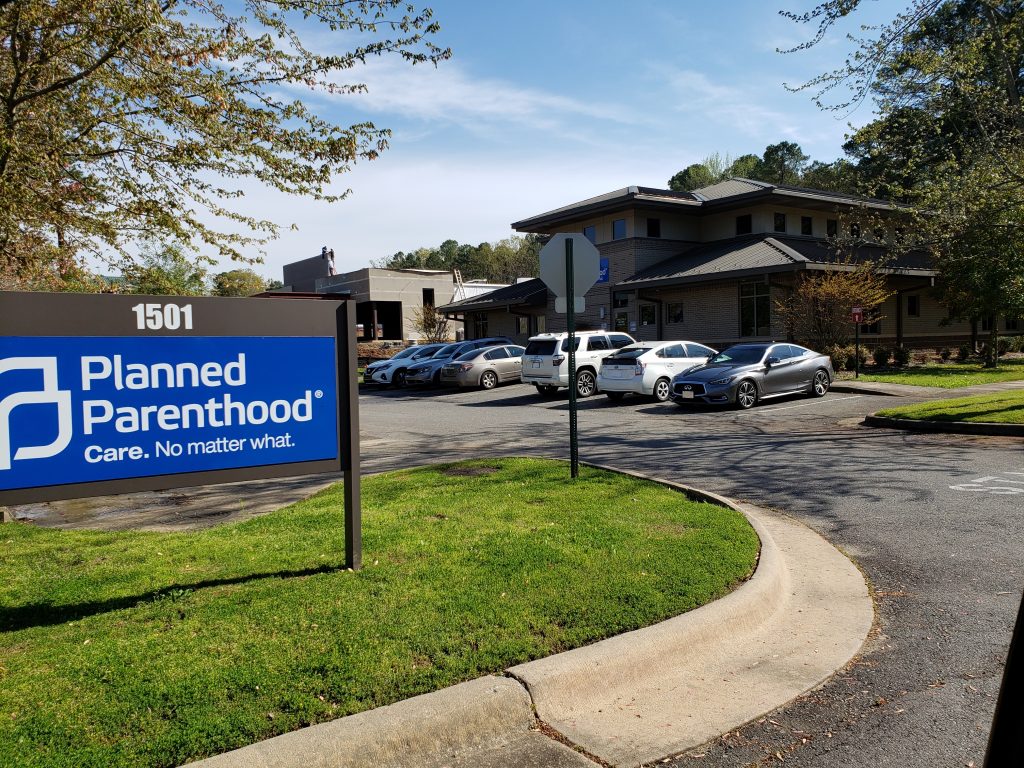In the coming days the Arkansas Department of Health will release its annual reports regarding abortion in Arkansas.
Family Council has tracked this data for years and has compiled abortion stats going all the way back to the 1970s.
Here are three brief facts about abortion in Arkansas.
#1 Abortion in Arkansas is Near Historic Lows

Abortion peaked in Arkansas — and across the United States — in the mid-1990s.
Since then it has been on a downward trajectory.
In the past few years, abortion in Arkansas has plummeted, and currently sits at levels we haven’t seen in over 40 years.
#2 Chemical Abortion is on the Rise in Arkansas

Over the past 10 years we have seen a major uptick in chemical abortion in Arkansas.
Chemical abortions are performed using abortion-inducing drugs like RU-486
While chemical abortions have increased, we have seen the number of surgical abortions decrease.
Chemical abortions now make up about 30% of all abortions performed in Arkansas.
#3 Planned Parenthood and the Surgical Abortion Facility in Little Rock Both Perform Chemical Abortions

Planned Parenthood performs chemical abortions at its facility in Little Rock.
Planned Parenthood used to perform chemical abortions at its facility in Fayetteville; however, that facility closed nearly a year ago, and it has not reopened.
Many Arkansans may not be aware that Arkansas’ only freestanding surgical abortion facility performs both surgical and chemical abortions.
Conclusion
Arkansas is the second most pro-life state in the country, and most Arkansans believe abortion ought to be either completely illegal or legal only under certain circumstances.
Abortion in Arkansas will become largely illegal once the U.S. Supreme Court overturns its 1973 Roe v. Wade abortion decision.
But the fact that chemical abortion has become increasingly popular in Arkansas even as abortion overall has declined just goes to show that we still have a lot of work left to do.
Slowly but surely, we are winning the fight to protect innocent human life in Arkansas, but there is still much to be done.




